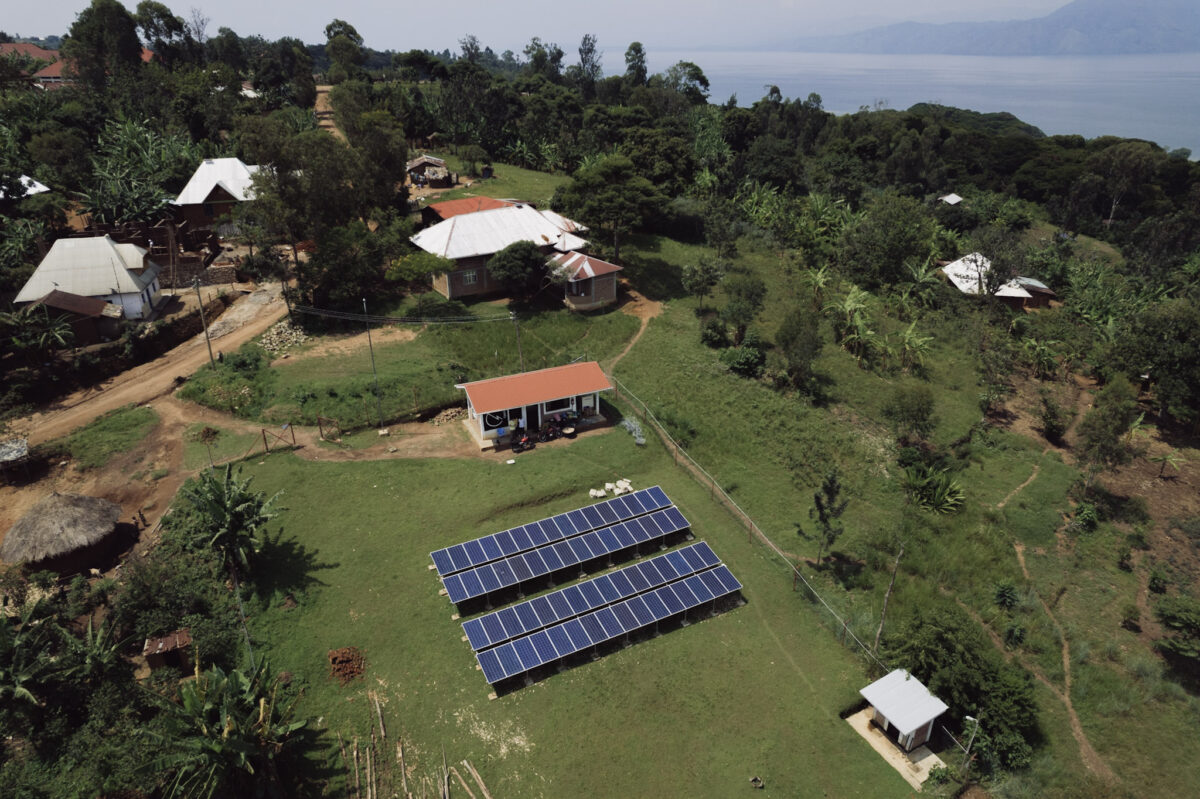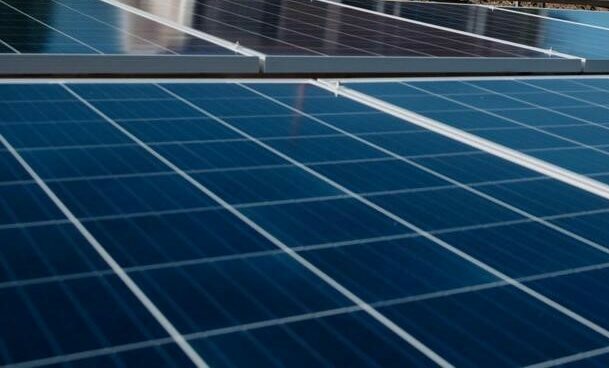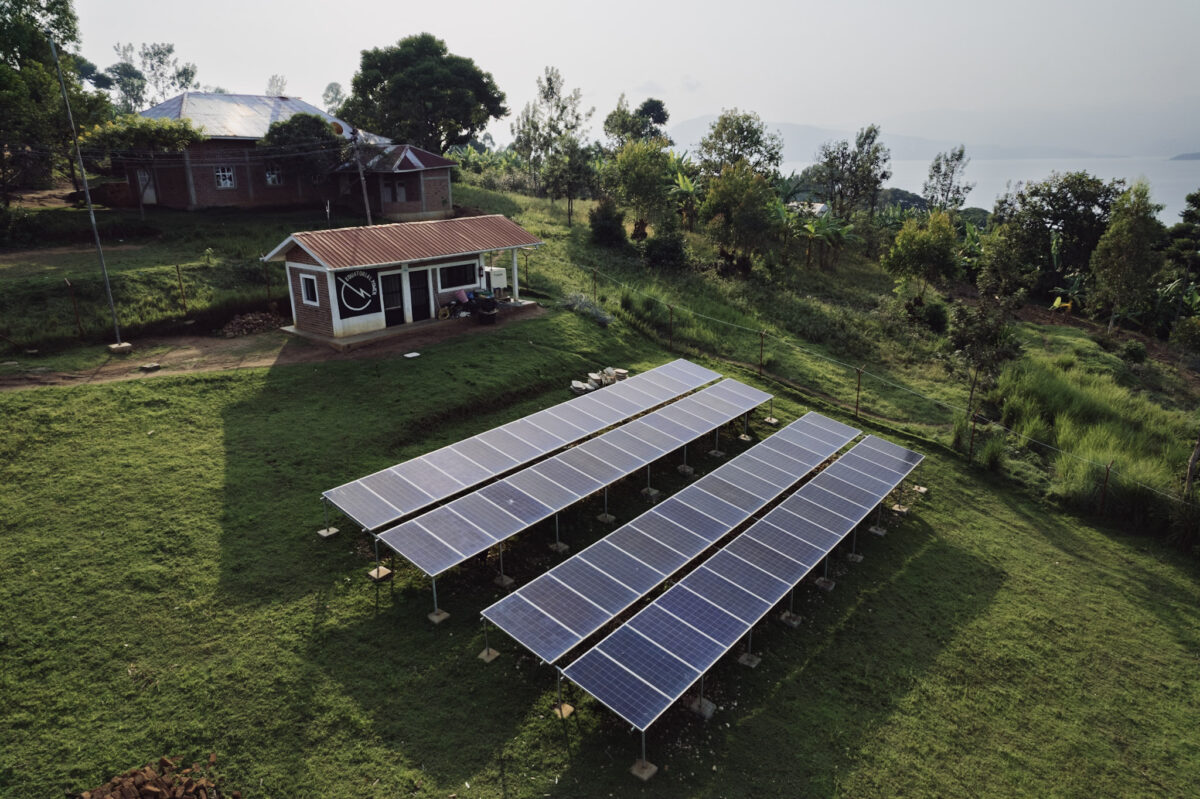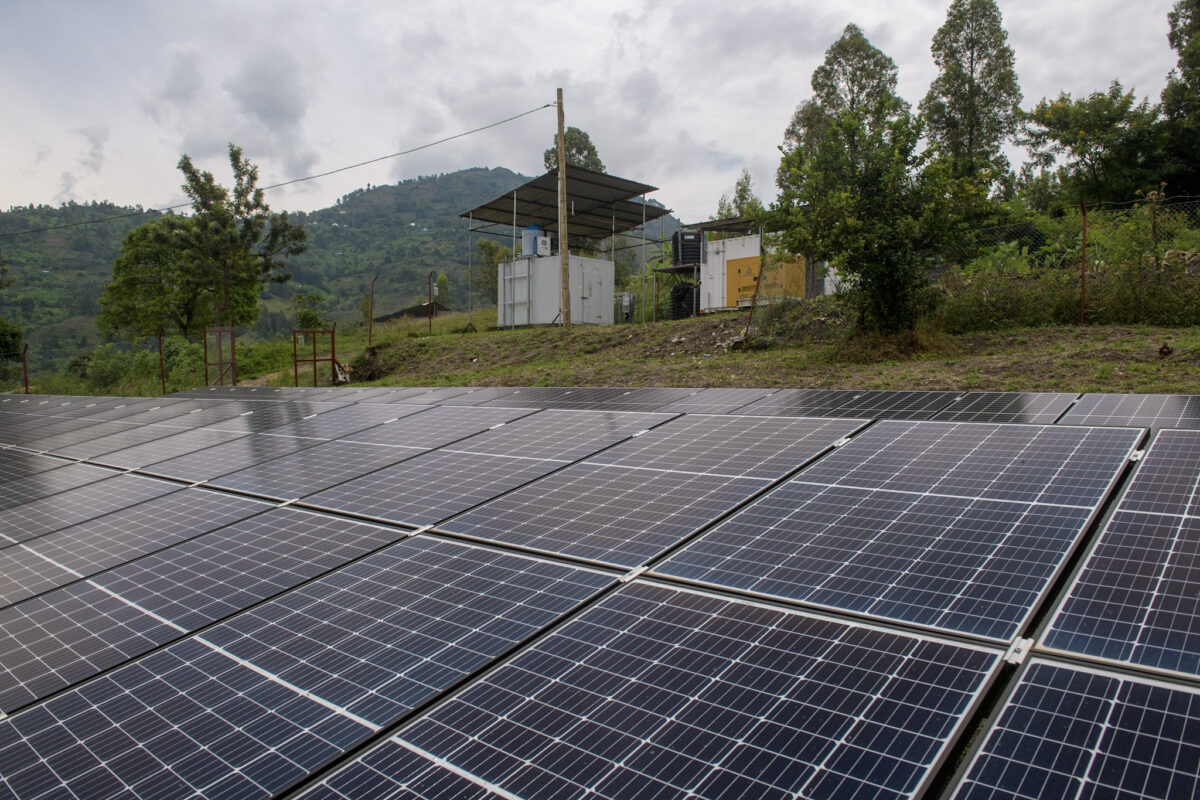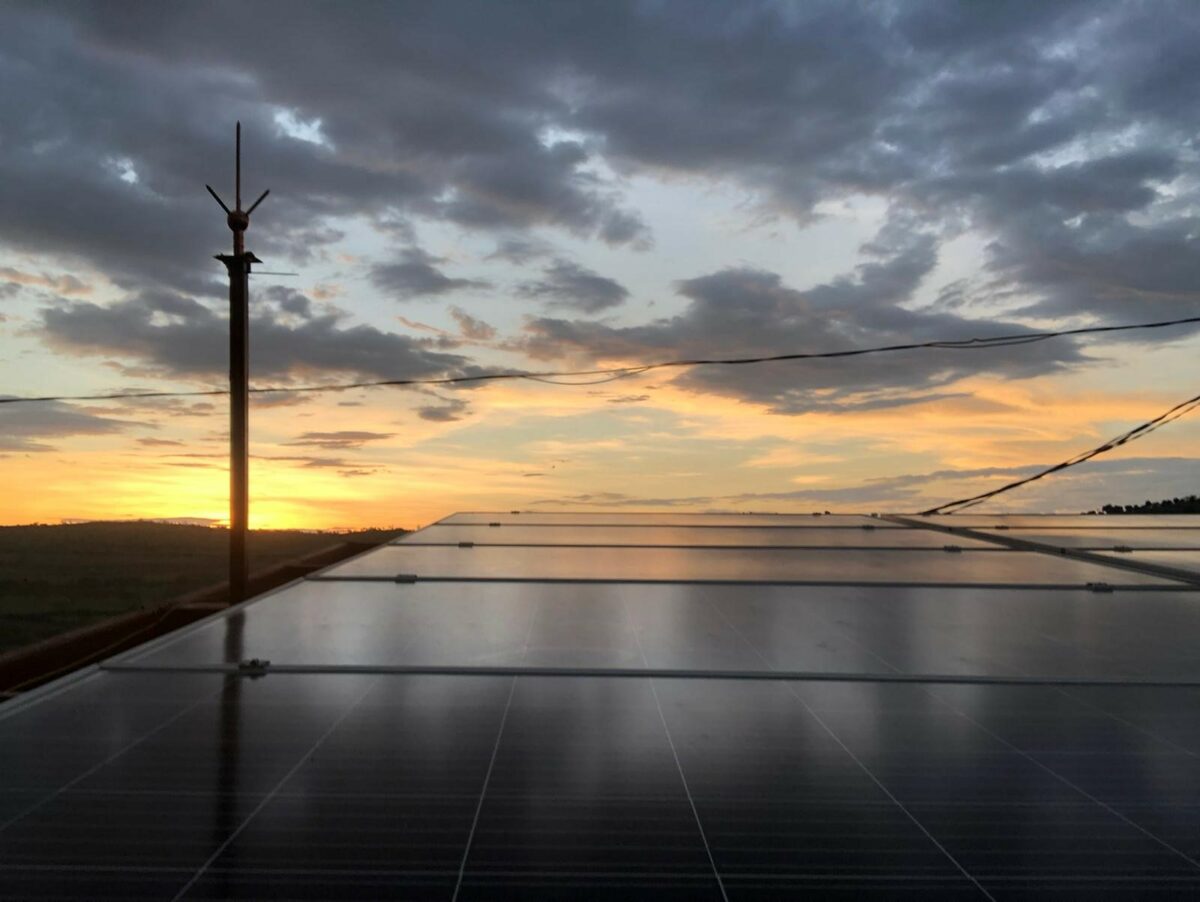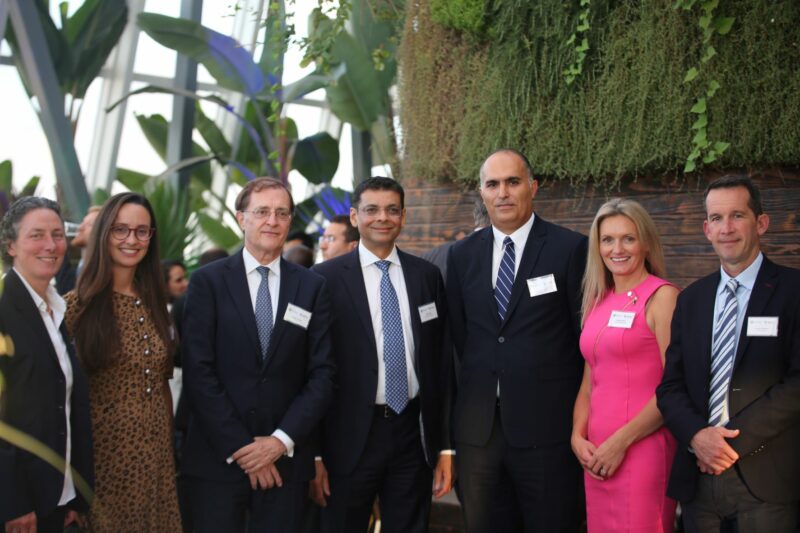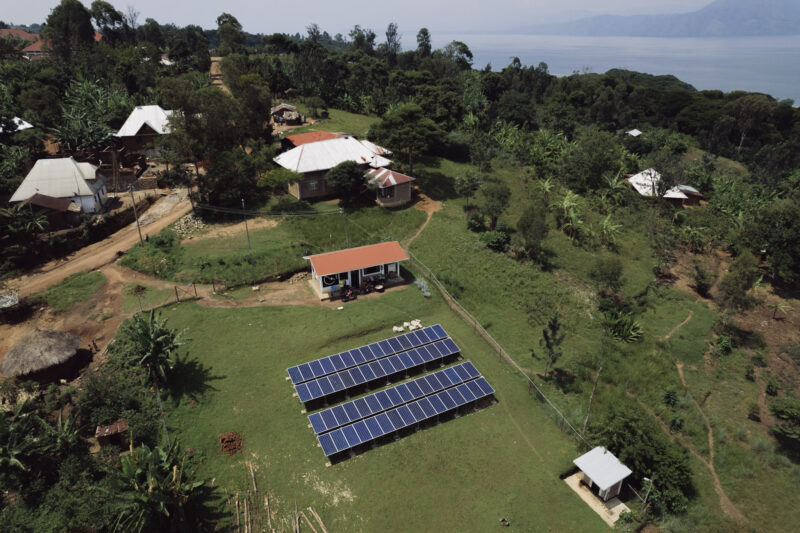Democratic Republic of the Congo: Equatorial Power
Scaling an innovative mini-grid model offering local value chain solutions
Challenge
At 19.1%, the Democratic Republic of the Congo (DRC) has one of the world’s lowest rates of electrification, with access dropping to just 1% in rural areas. The Government of DRC is committed to energy sector reform with the country’s 2014 Electricity Law identifying the need to develop regulatory frameworks to attract private sector operators to the DRC’s energy sector. Solar irradiation in the region is high and there is considerable potential for mini-grid solutions to connect ‘last-mile’ customers for whom grid connection may be decades away.
Solution
Identifying the need for clean power in Rwanda, Uganda and the DRC, Equatorial Power (EP) developed a unique model to address the power deficit whilst also adding value to agricultural and other processing value chains. Conventionally, mini-grid developers achieve financial viability by securing an anchor client – such as a large manufacturing business – to underpin the smaller, less predictable payments made by domestic customers and Small and Medium Enterprises (SMEs). EP’s approach creates that ‘anchor load’ by developing independent agro-processing hubs (APHs) which are owned and operated by EP but which offer services such as water purification, cold storage, fish drying and maize milling, creating an anchor load for the mini-grid whilst closing gaps in local value chains. Access to APHs can prevent fresh produce from spoiling and can enable farmers to increase their household income by, for example, milling grain before it is sold. The exact nature of services provided is flexible, accommodating local need.
Further to its APH offering, EP operates a Business Incubation Programme which provides skills based training and affordable appliance financing to stimulate productive use of power in local communities. Appliances include fridge freezers and cool boxes which customers can access on a lease-to-own basis.
As co-developer, InfraCo Africa has supported the scale-up of EP’s offering; enabling the company to commission four new mini-grids and three APHs on Idjwi Island, DRC. This phase will be followed by a further one mini-grid and one APH in Bulungu, Kwilu Province, DRC.., The mini-grids incorporate battery storage and diesel back-up to manage fluctuating levels of sunshine during the country’s rainy season. It is anticipated that the project will deliver circa. 6,000 connections in total in DRC, benefiting over 28,000 people. InfraCo Africa has leveraged a US$1.35m capital grant from its sister company, PIDG Technical Assistance (PIDG TA), to support the project, and the World Bank has committed US$1.054m of grant funding. Clean Energy and Energy Inclusion for Africa (CEI Africa), is providing US$2.1m Results-Based Financing (RBF) grant for the Bulungu project.
EP’s mini-grids are expected to replace polluting diesel generators and expensive, low quality solar home systems as well as providing first-time access to power. Power from the mini-grids is more reliable and less expensive, than available alternatives. The installation of ‘ready boards’ equipped with circuit breakers in customers’ homes also ensures greater electrical safety for end users.
By championing best practice in Health, Safety, Environmental and Social standards and developing Business Incubation and Productive use appliance financing Programmes to maximise development impact for communities close to the APHs, the involvement of PIDG and InfraCo Africa is expected to mobilise new private sector investment into DRC’s emerging renewable energy sector.





